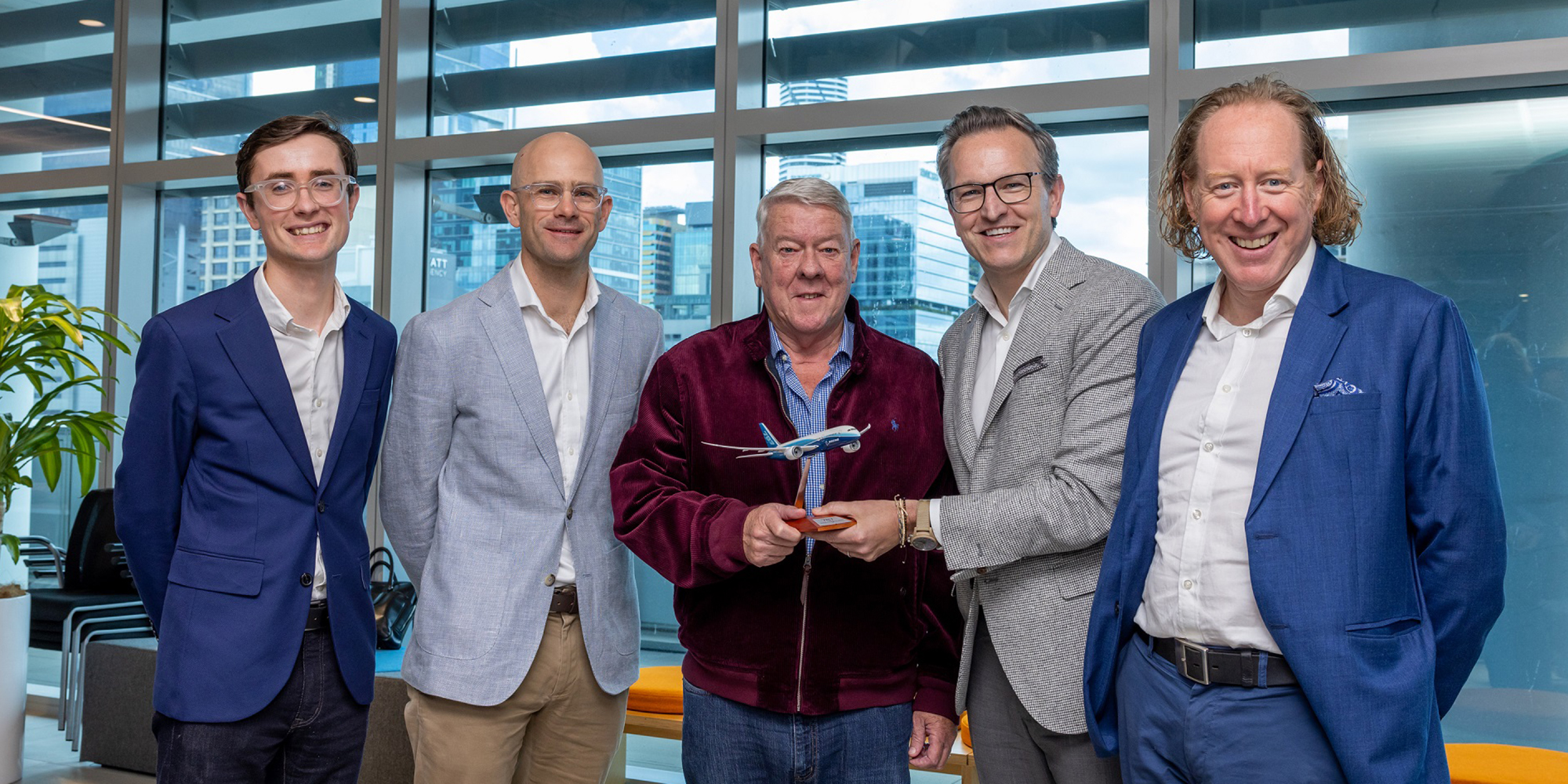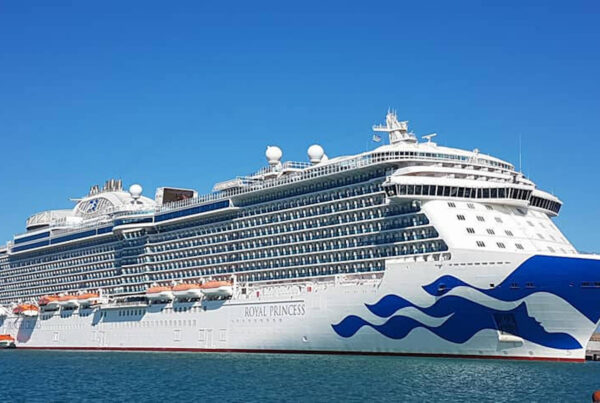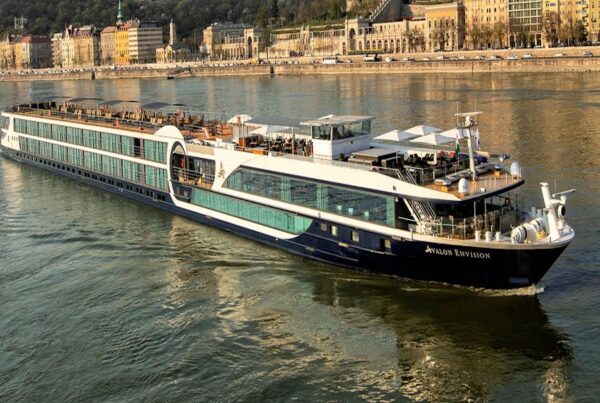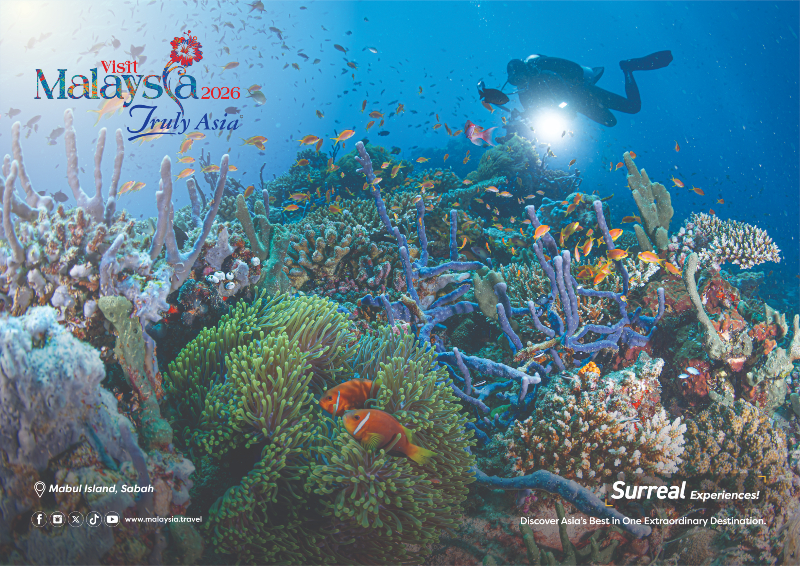Boeing has become an early investor in Wagner Sustainable Fuels to support the development of its sustainable aviation fuels (SAF) production facility in Brisbane, increasing Australian SAF supply and reducing aviation’s carbon emissions.
Boeing’s investment in the Wagner refinery is part of its strategy to support development of local SAF supply and expand global access to SAF, which remains the most effective lever to decarbonize aviation by 2050. SAF, which reduces CO2 emissions by up to 84% compared to petroleum jet fuel, currently represents 0.1% of global jet fuel use.
“We’re proud to invest in this project because it will make a real difference in developing a SAF industry in Australia,” said Kimberly Camrass, Boeing’s sustainability lead for Australia and New Zealand. “Accelerating local SAF supply enables Australia’s own climate goals and supports the global commercial aviation industry’s commitment of net zero CO₂ emissions by 2050.”
“SAF facilities such as Wagner’s new Brisbane site also strengthen Australia’s fuel security, since the country currently imports 90% of its liquid fuel including jet fuel, and the demand is expected to increase by 75% towards 2050,” Camrass added.
“Our partnership with Boeing to advance the Wagner SAF refinery in Brisbane is a commitment to proactively grow the SAF industry in Australia,” said Matt Doyle, Wagner Sustainable Fuels Chief Executive Officer. “The investment from the Queensland Government and Boeing will underpin Australia’s first, fully integrated SAF production facility.”
“It will create local jobs, contribute to fuel security and reduce greenhouse-gas emissions from aviation,” he said.
Building on an initial Boeing-Wagner partnership announced in April, Boeing’s new investment will support an engineering study for the eventual construction of a SAF refinery. The Brisbane facility will use waste-to-SAF technology that converts ethanol produced from waste-based feedstocks such as industrial waste into SAF.
“This project allows Australia to continue to stand out as a leader in SAF, now leveraging the solution we co-created with LanzaTech to convert waste carbon into sustainable fuels,” said Jimmy Samartzis, CEO of LanzaJet. “The combination of our platform with the front-end of LanzaTech’s carbon recycling technology makes it possible to create SAF supply in Australia using local waste streams, further supporting the country’s energy security and protecting its natural environment.”
“Domestic SAF production will be critical to decarbonising the aviation industry and Australia meeting its emissions reduction targets,” said Andrew Parker, Chief Sustainability Officer at Qantas. “We have a target of using 10% SAF by 2030 and have invested in Queensland biofuel production through our $400 million Climate Fund.”
CSIRO and Boeing’s Sustainable Fuels Roadmap in 2023 identified that Australian SAF production not only enables local fuel production capacity to meet commercial demand, but also contributes to sovereign fuel security and regional jobs.









